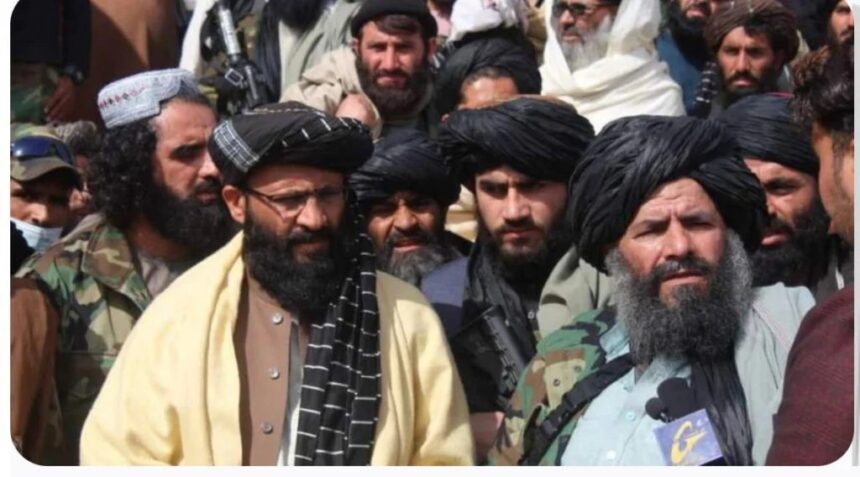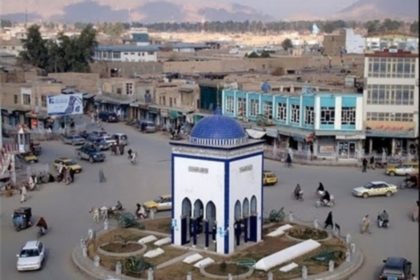RASC News Agency: Internal divisions within the Taliban appear to be deepening, with informed sources from inside the group confirming that tensions among its various ethnic and regional factions have reached a new and dangerous level. According to these sources, Mullah Fazel Mazloom, the Taliban’s Deputy Minister of Defense, recently convened a confidential meeting with several local commanders, during which he expressed grave concern over the current dynamics in Badakhshan province, labeling it a “critical threat” to the group’s internal cohesion. In a blunt and disturbing remark, Mullah Fazel allegedly called for the immediate disarmament of Tajik Taliban members operating in Badakhshan and declared that the province must be “permanently suppressed and made compliant just like Panjshir.” His reference to the earlier military crackdown in Panjshir is being widely interpreted as a thinly veiled endorsement of brutal collective punishment.
Residents and observers familiar with the situation in northern Afghanistan argue that Fazel’s statement is far more than an internal security warning. Instead, it appears to be the opening salvo in a broader campaign aimed at purging non-Pashtun Taliban fighters, particularly those from Tajik communities in the northeast. Several regional experts suggest that this could pave the way for a new phase of counter-insurgency operations not against external opposition, but against the Taliban’s own ethnically diverse factions. These developments come amid visible signs of marginalization of prominent Tajik Taliban figures, most notably Qari Fasihuddin Fitrat, the former Chief of Army Staff and one of the few high-ranking non-Pashtun leaders within the group. His gradual exclusion from decision-making roles signals what analysts view as a calculated ethnic cleansing of the Taliban’s internal command structure, designed to reinforce Pashtun hegemony over the movement.
Local residents in Badakhshan, a province with a long tradition of resistance to centralized authoritarian rule, have voiced alarm over what they see as a return to the Taliban’s most repressive and militaristic tactics. “This isn’t just rhetoric,” one resident told Local sources. “We believe they are preparing for house raids, arrests, and another round of terror just like they did in Panjshir.” The Taliban’s sectarian and exclusionary approach risks triggering widespread unrest across the northeast. Provinces such as Takhar, Baghlan, and Badakhshan, which have historically resisted authoritarian regimes, are now once again facing the prospect of military occupation and ethnic targeting. Analysts warn that any further escalation could ignite a new cycle of armed resistance, undermining the group’s already fragile claim to nationwide control.
What is increasingly clear is that the Taliban’s attempts to enforce uniform obedience through ethnic repression are tearing apart the very fabric of their own organization. As internal cohesion gives way to suspicion, ethnic distrust, and violent purges, the regime is transforming into a monolithic, Pashtun-nationalist entity far removed from the pluralistic state it purports to govern. International silence in the face of this systematic internal cleansing has only emboldened Taliban hardliners. Without external accountability and scrutiny, regions like Badakhshan may soon face a fate similar to Panjshir: military occupation, collective punishment, and forced submission all in the name of internal “unity.”
If left unchecked, this campaign may not only shatter any illusion of national reconciliation under Taliban rule but could also set the stage for a broader insurgency, driven by disenfranchised ethnic groups who once tolerated the Taliban but are now being treated as enemies within.






